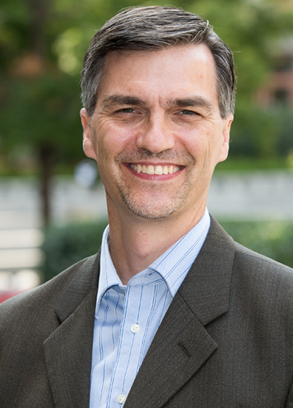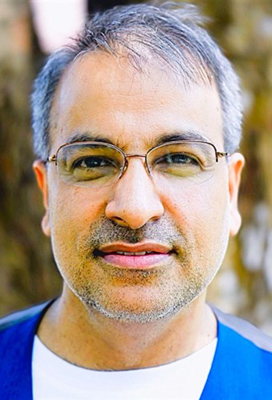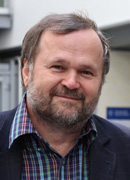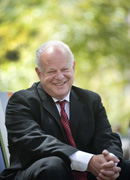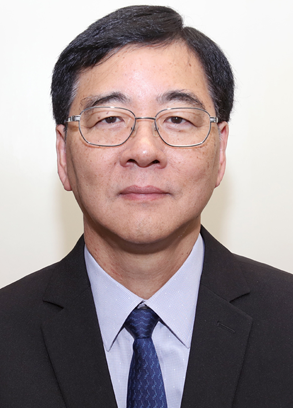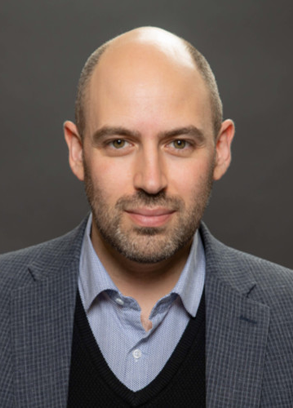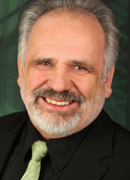He is a Faculty Associate with the Human Flourishing Program at Harvard and a visiting scientist at the Chan School of Public Health, Harvard. Dr. Rashid is also a faculty member with the VIA Institute on Character and an Honorary Fellow at the Centre for Wellbeing Science, University of Melbourne.
Dr. Rashid’s expertise includes strength-based clinical psychotherapy for complex mental health challenges, resilience, and post-traumatic growth.
He completed his pre- and post-doctoral clinical training at the University of Pennsylvania under Dr. Martin Seligman, where he developed and empirically validated the Positive Psychotherapy protocol. Dr. Rashid has worked with individuals who have experienced severe trauma, including survivors of the 2004 Asian Tsunami, 9/11 families, journalists in conflict zones, and survivors of mass shootings and high-suicide-risk areas.
He has delivered over fifty invited talks and keynotes and has trained mental health professionals and educators in more than 25 countries. His books Positive Psychotherapy (2018), co-authored with Martin Seligman, and Strengths-Based Resilience (2025), co-authored with colleagues, are considered among the most comprehensive, evidence-based, and culturally informed positive psychology intervention protocols. These works have been translated into several languages.
Dr. Rashid serves on the Board of Directors for both the International Positive Psychology Association (IPPA) and the VIA Institute on Character. He received the Chancellor Award (2018) from the University of Toronto and the Outstanding Practitioner Award (2017) from the International Positive Psychology Association (IPPA).
Dr. Rashid has been deeply engaged with IPPA since its inception in 2007. He served as the founding president of the Clinical Division (2016–2019) and co-authored the Ethical Guidelines for Positive Psychology Practice, now translated into 11 languages. He has completed two terms on the IPPA Board of Directors and currently chairs the IPPA Credentialing Task Force, leading the development of global standards for positive psychology education and training. In 2023, he co-chaired the World Congress of Positive Psychology in Vancouver alongside Roy Baumeister and Andrew Soren and has been a regular presenter at every World Congress and several regional conferences. His work continues to shape the field’s scientific rigor, ethical grounding, and cultural relevance.
Websites:
www.tayyabrashid.com
Strengths Based Resilience
Positive Psychotherapy
